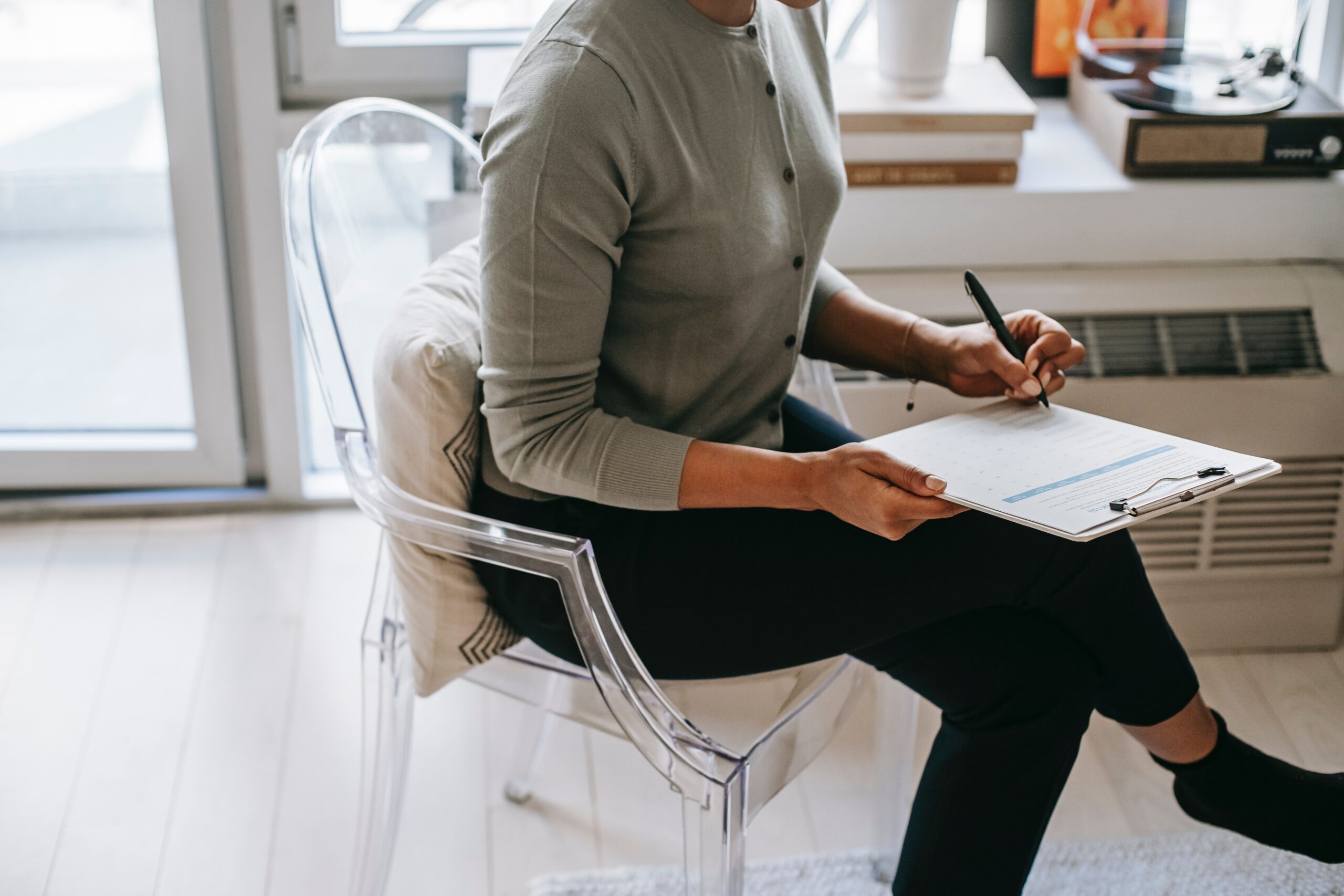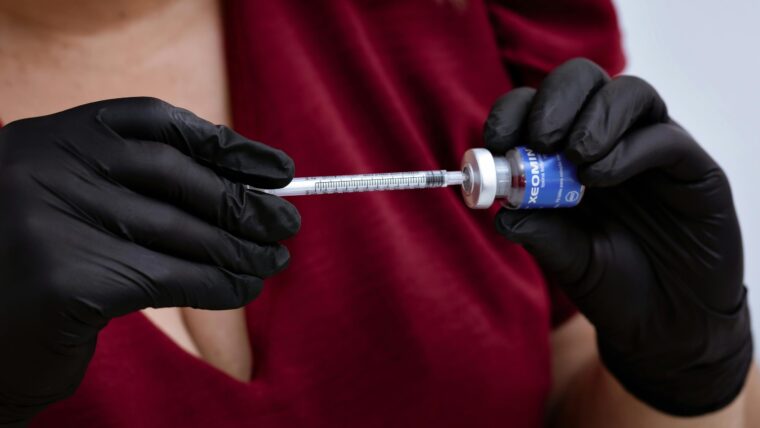My vulvodynia has had a tremendous emotional and physical impact in my life.
At age 12, I failed to put in a tampon, and it burned and pinched me externally. When I was 15, I built up the courage to ask my doctor to help me insert a tampon.
She shoved it in aggressively and I experienced horrible knife-cutting sensations as she tried to get me to spread my labia.
She shouted at me to relax as I winced and resisted.
At age 19, I met my fiancee. I struggled with pain during intercourse making sex impossible, so I went to see my first gynaecologist. She did not believe I had vaginismus, failed to diagnose me with any medical conditions, and instructed me to just relax, drink wine, and trust my boyfriend.
My second gynaecologist believed I had vaginismus due to my failed attempts at pelvic exams, and suggested I have a minor hymenectomy to make penetration easier.
My surgeon told me I definitely had vaginismus, but during the procedure she did not cut enough of the hymen.
The hymenectomy did not help with penetration at all.
I went to three pelvic floor physical therapists (PTs) after this event and was told that I needed to do internal work. However, internal work was still impossible for me, and they offered no strategy on how to transition from external to internal work.
Alternatively, I decided to have botox for vaginismus when I turned 26 after being told I was a perfect candidate for this procedure.
They boast 92% success rate.
I received botox injections internally to freeze the pelvic floor muscles and also had the largest dilator inserted under anesthesia. Afterwards, I had pain in my pelvis, lower abdomen, hips, and groin, and even my vulvodynia worsened.
I had a full-blown pelvic flare that I am still experiencing to this day.
A few months later, I was diagnosed with congenital vulvodynia by a vulvar specialist.
We found I had labia minora pain, which is most likely caused by the irritation of my pudendal nerve. I was sent for sacrum and pelvis MRIs, which only revealed inflammation “consistent with sacroiliitis,” so we were encouraged to try physical therapy to treat this issue.
We also went to two sports medicine doctors, and we found that the pelvis was causing the injury and not the other way around.
By February of 2021, I did a whole mix of treatments to relax my pelvic floor and fix whatever was going on, but I was bedridden after attending these sessions.
My groin, pubic bone, and hips felt sharp, and prohibited me from walking. Two of my PTs even suggested I see a psychologist as they thought I was too hyperaware.
At this time, I still had not received a full diagnosis to explain all my pelvic pain. I was told to go to physical therapy by my doctors, but the PT only made my symptoms worse.
I also tried many medications that induced unpleasant side effects.
I had seen a total of 15 different doctors, seven physical therapists, three cognitive therapists for pain, had blood tests, and had over nine imaging tests.
Some of my doctors were shocked by my conditions and said I was the most severe case they’d ever seen while offering little help and recommending risky procedures.
However, after observing slight inconsistencies in my x-rays, I decided to go to a hip specialist who finally diagnosed me with bilateral hip impingement, hip dysplasia, and multiple labral tears in each hip.
I believe I got the labral tears from the gynecological procedure due to my hips being strained in the dorsal lithotomy position, something my hip doctor said is not uncommon. My previous PTs tried to put my SI joint in alignment and lengthen my body, which only exacerbated the labral tears and my symptoms.
My hips may be the cause of my pelvic flares and could be contributing to the vulvodynia I have experienced so far. In the next year, I will be having a diagnostic laparoscopy to find endometriosis or adenomyosis, which may also be impacting my vulvar pain.
Additionally, I’d like to note that I have tried several medications which had severe side effects.
I have been on cymbalta, tramadol, nortriptyline and some people want to get me on gabapentin or lyrica which I am hesitant about.
Facebook has helped me connect with unique providers and caring online communities. I have spent hours educating myself on all of my conditions and connecting with others who struggle with vulvar pain. Having a support system has been much needed for me while coping with my conditions.
I am still learning about how all of my conditions are affecting each other in an endless circle.
I encourage everyone to continue to educate and familiarize yourself with your symptoms, and understand the different muscles, nerves, and joints in the pelvis.
Don’t forget to advocate for yourself and also believe that you will get better and that there is hope!
To help you on that journey, feel free to join our Facebook support community.
– Jenny (27 years old, Houston, USA)




